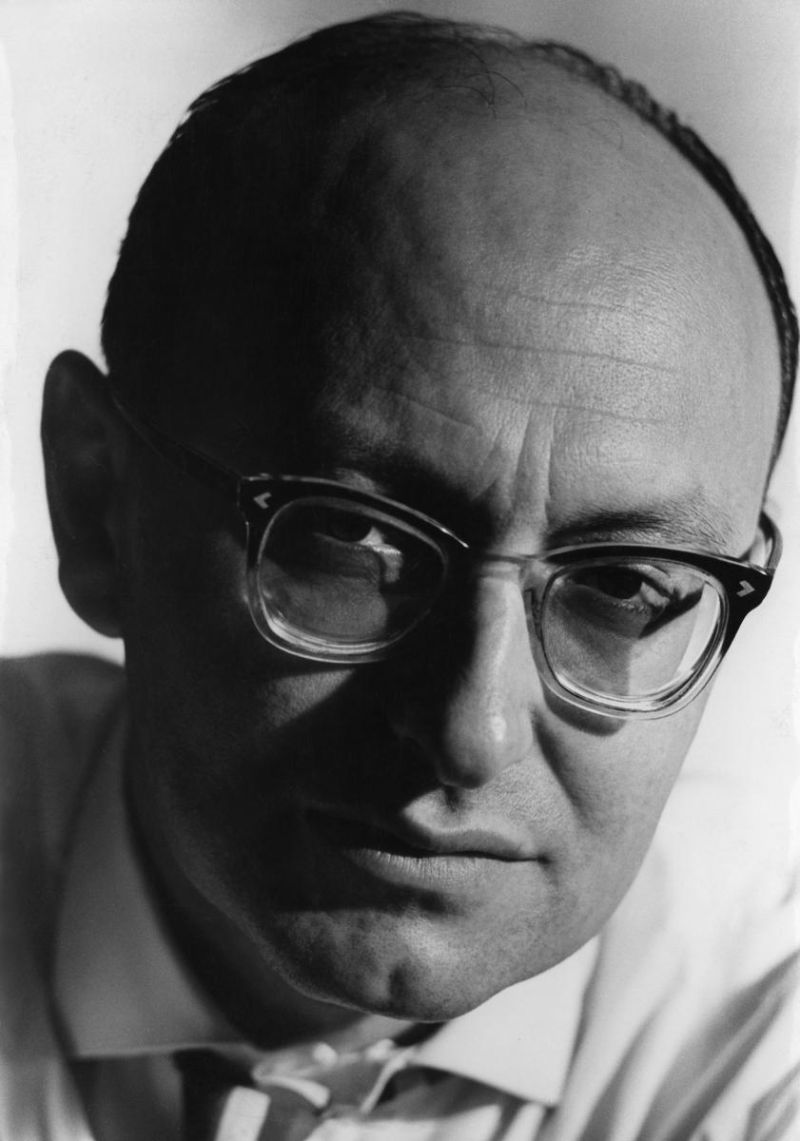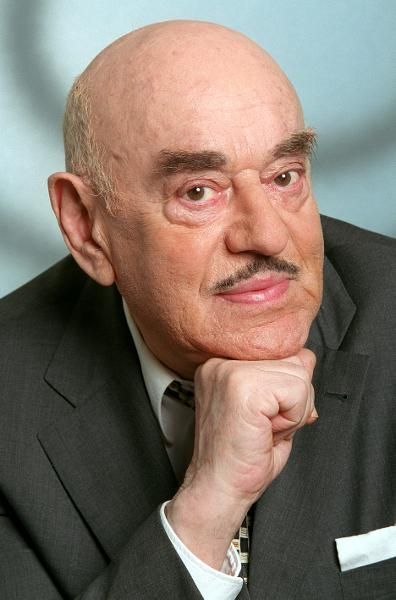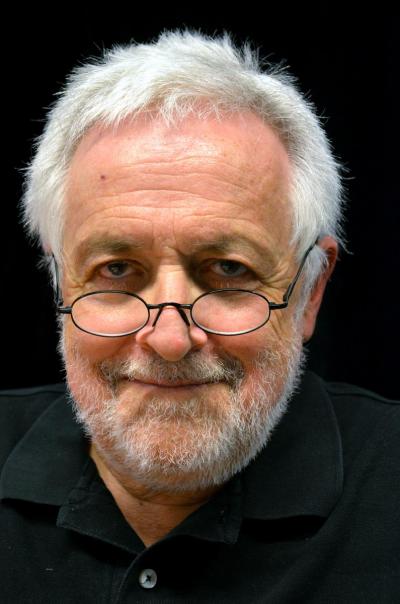“MRR”: His Life
Mediathek Sorted




Interview with Gerhard Gnauck on SWR (German)

Interview with Gerhard Gnauck in memory of Marcel Reich-Ranicki (German)
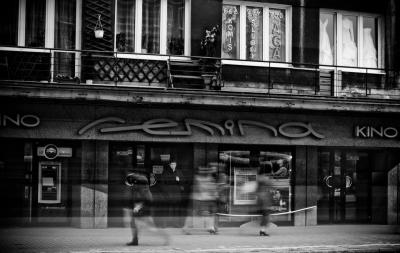







In memory of Marcel Reich-Ranicki on Radio ‘Trójka’ (Polish)

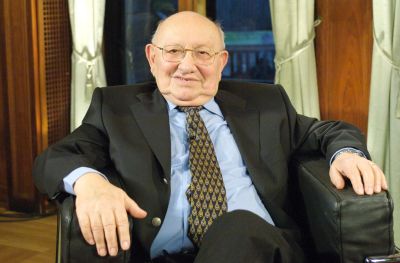


Marcel Reich-Ranicki - Radio play by "COSMO Radio po polsku" in English

Marcel Reich-Ranicki in an interview with Joanna Skibińska

Marcel Reich-Ranicki auf Polnisch! Interview mit Joanna Skibińska 2000







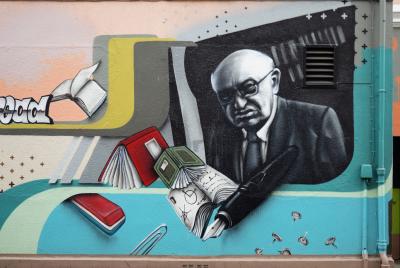




























To begin with, a few sentences about Marcel Reich-Ranicki.
“MRR was/is the most influential literary critic of our time, even more important than Bernard Pivot in France.”
“MRR has made himself a reputation as a television star, comic hero and advertising promoter.”
“MRR is an icon of the arts pages.” (The German Chancellor, Angela Merkel)
When I decided to write a book about him a few other sentences came to my ears:
“You want to write about Reich-Ranicki?! He already has a halo.” (From a German publisher who finally decided not to print my book.)
“Reich-Ranicki?? When he dies, he will go directly to heaven.” (From another German publisher who also finally decided not to print my book.)
“Reich-Ranicki? Be careful. He’s both a showman and a Stasi man.” (A Polish historian.)
In the beginning a boy by the name of Marceli Reich was born on 2. June 1920 in the town of Włocławek on the Vistula. The times were turbulent. Having been partitioned for many years, Poland was finally an independent country once more and Włocławek (which had belonged to the Tsarist Empire until the First World War), was also liberated. But the peace did not hold for long. In summer 1920 the Red Army was already on its way westwards. It was in the middle of Poland and wanted to reach Berlin within a few weeks as the vanguard of the world revolution. A cavalry division stood on the eastern bank of the Vistula at a bridge leading to the town centre in Włocławek. If the troops had succeeded in crossing the river the history of Europe would probably have been completely different.
At the very last moment the bridge was blown up and the life of the Jewish family, Reich, who had fled the town as a precautionary measure, continued on its peaceful path. His father was a pious man, an entrepreneur by profession. He spoke Polish, Russian, Yiddish and German. By contrast his mother, who felt close ties to German culture, spoke German very well but her Polish was very poor. In his autobiography[1] Reich-Ranicki never revealed which of the languages was the family “business language”. But he did confide to me the following information: “There were two business languages: Polish and German. My mother and father spoke German when they did not want the children to understand what they were saying. At the time we could speak Polish better than German.”[2] Marceli had two older siblings, Gerda and Herbert Aleksander.





















































































